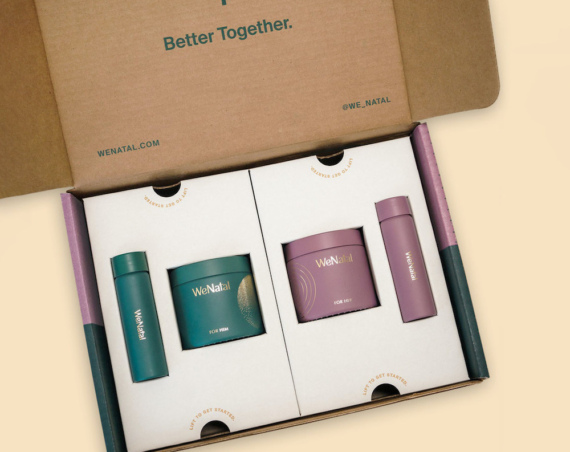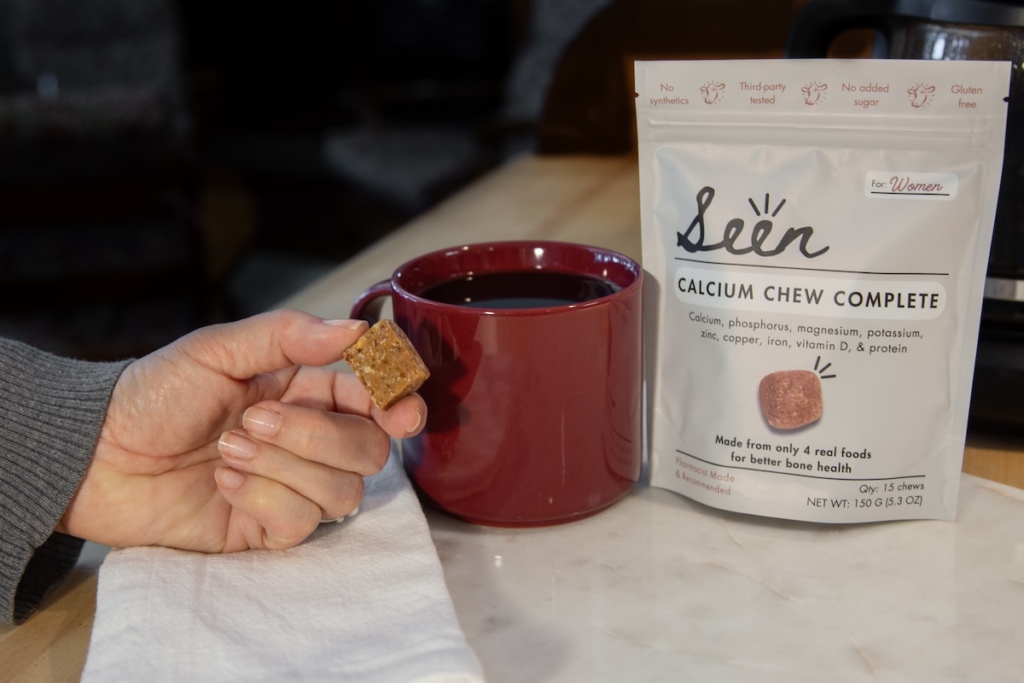
When Dr. Adrienne Bitar met Dr. Jennifer Han, her future co-founder, she wasn’t looking to start a supplement company. Bitar was happily teaching Food Studies at Cornell University, having published a book on the cultural history of diet and nutrition. But Han’s story set the duo off on a different path.
“We realized that we had a unique set of complementary skills in food, medicine, and food-first dietary calcium,” Bitar explains. Han was both a clinical pharmacist and an osteoporosis patient herself, diagnosed at 29 with pregnancy-related osteoporosis. Meanwhile, Bitar watched her own mother fracture bones every few years since her 40s.
The two women realized they could develop a patented protection process designed to increase bioavailability, focusing on dietary calcium rather than synthetic supplements.
Two and a half years later, their company Seen Nutrition faces what Bitar calls a “good problem” – they can’t manufacture fast enough to meet demand. Their direct-to-consumer bone health chews have achieved a 94% subscription retention rate and 60% month-over-month growth, all without outside capital or formal marketing spend.
The Problem with Calcium Supplements
Today the calcium supplement market is dominated by synthetic options like calcium carbonate and calcium citrate, which come with significant drawbacks. About a quarter of people taking calcium carbonate experience gastrointestinal issues ranging from bloating and nausea to more severe complications requiring hospitalization.
“The Bone Health and Osteoporosis Foundation, which we’re now corporate advisors for, recommends a food-first approach because dietary calcium has significant benefits compared to synthetic calcium,” Bitar notes.
Seen Nutrition’s innovation disrupts traditional calcium supplementation by using only dietary calcium – not just isolated calcium from milk, but the whole mineral complex found naturally in milk, combined with milk protein to enhance bioavailability and vitamin D from mushrooms. The result is a food product regulated by the FDA as food, not a dietary supplement.
Each Seen Nutrition chew delivers 500 milligrams of bioavailable dietary calcium in a shelf-stable format that doesn’t require refrigeration.
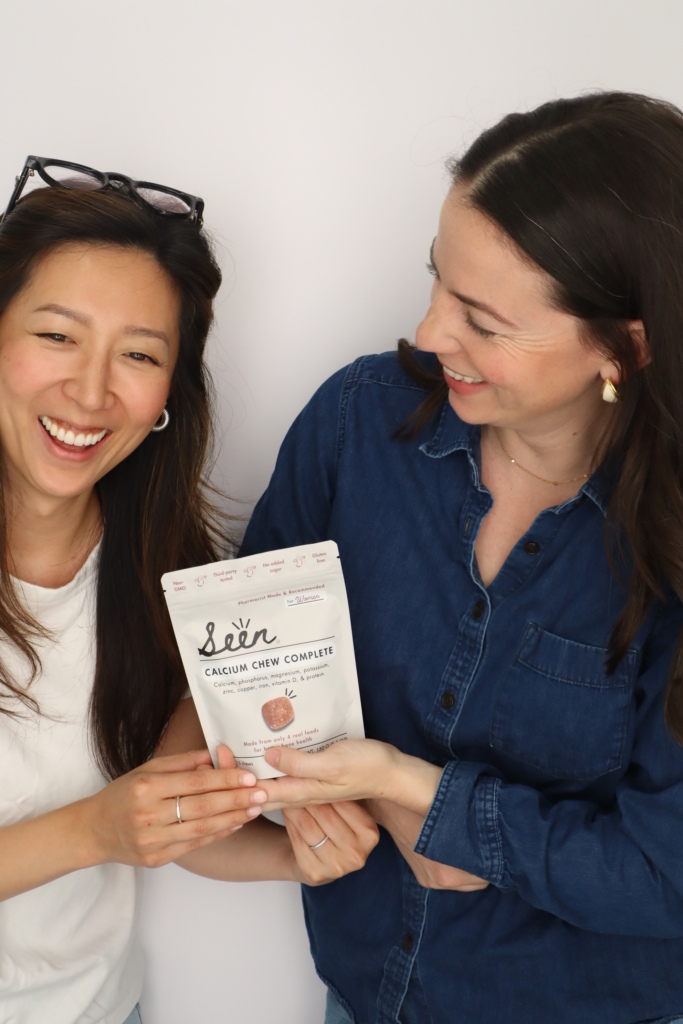
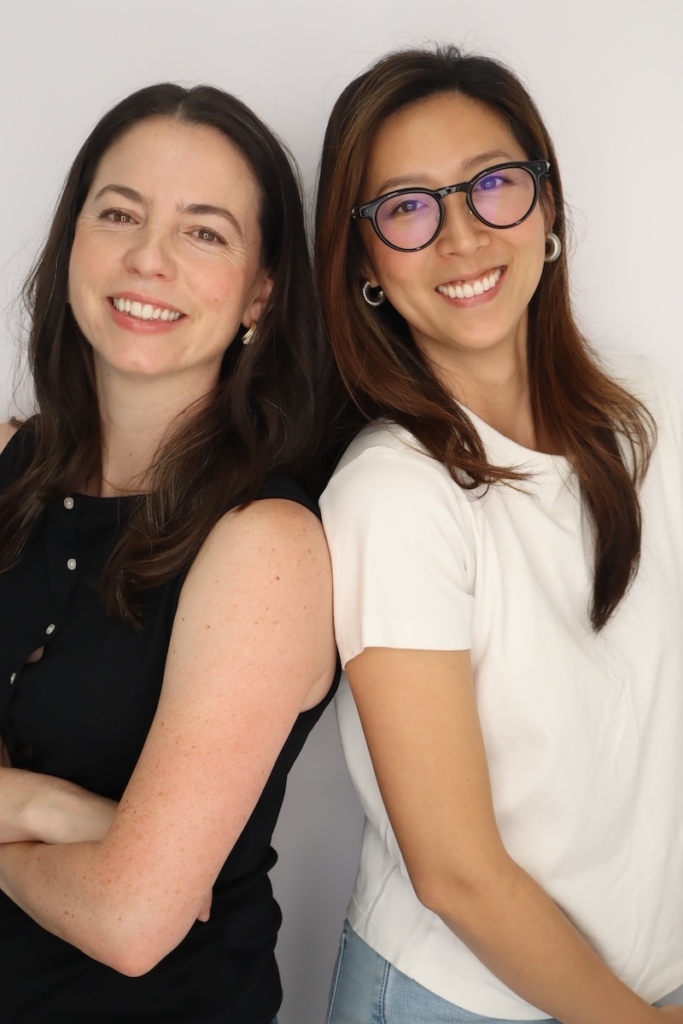
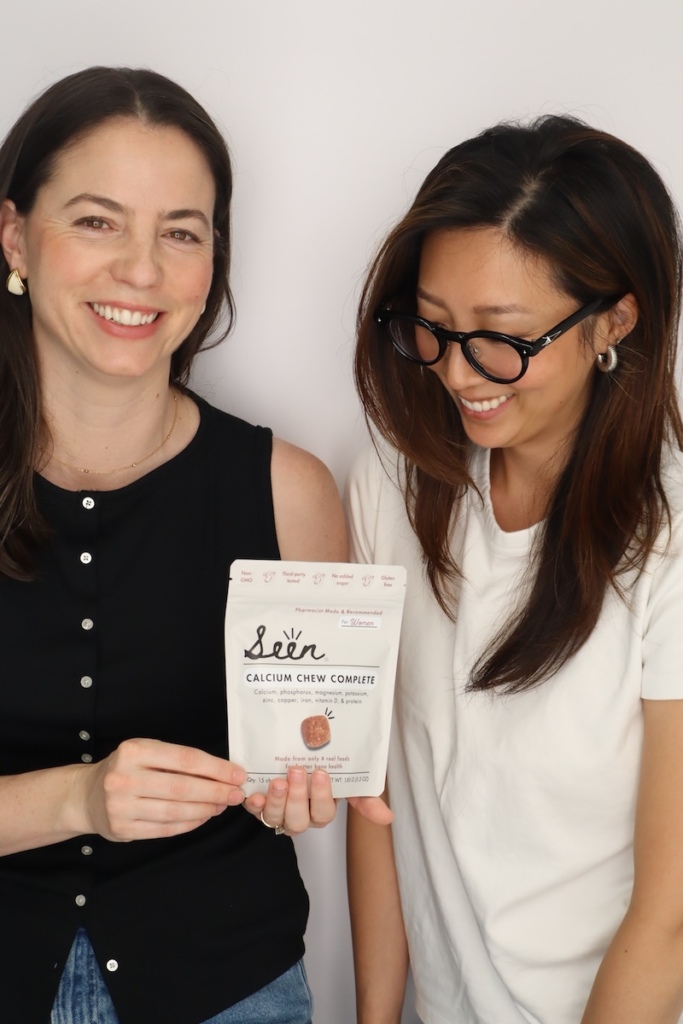
Building Without Business School
The 18-month research and development process leading to Seen Nutrition’s May 2024 launch required navigating complex manufacturing challenges without traditional business training.
“We both don’t have MBAs,” Bitar shares. “Perhaps that worked in our favor, because we simply decided to push forward.”
Working with Cornell’s Center of Excellence for Food and Agriculture food lab and a team of food scientists at the pilot plant, they developed a chew that balanced high bioavailability with palatability and shelf stability.
“We have done so much by ourselves,” Bitar reflects. “Jennifer designed our packaging. I handled much of the legal work. We both built the website.”
This hands-on approach, while labor-intensive, created unexpected advantages: Their customer loyalty reached exceptional levels, with personal relationships driving word-of-mouth growth that they never anticipated.
The Manufacturing Reality Check
Success brought its own challenges. Seen Nutrition transitioned from Cornell’s pilot plant to a co-packer experienced with date-based bars, but scaling proved more complex than anticipated.
“Manufacturing and scaling presents challenges,” Bitar explains. “It’s a complex, temperamental process. We take quality control very seriously, and we don’t want to scale faster than we can maintain quality.”
The company third-party tests every batch and conducts quarterly testing. As an FDA-regulated food product, their compliance requirements far exceed those of typical dietary supplements. Currently, parts of their product line have wait lists due to manufacturing constraints, but rather than compromise, they’ve deliberately held back demand.
“Right now we’re not investing money in marketing – we’re focused on meeting existing demand,” Bitar says. “If we had to scale rapidly by compromising quality, we’re not willing to make that trade-off.”
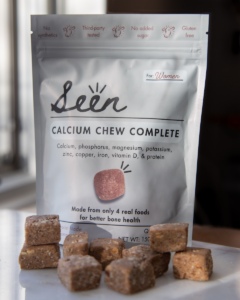
Looking Ahead: Market Timing and Cultural Shifts
Despite their D2C focus, Seen Nutrition has begun expanding strategically. They recently won Technology Business of the Year from the New York Small Business Development Center, which led to a large purchase order from South Korea and export programs to Canada and the UK.
The company is also building partnerships with medical affiliates including OB/GYNs, physical therapists, and Pilates instructors, though most of their business remains direct-to-consumer.
“Right now we’re positioned at the intersection of several important historical moments,” Bitar observes. “The menopause conversation is finally happening, and with it comes renewed attention to bone health, because older women are more likely to fracture, and when they do, the consequences are far more serious.”
“There’s also significant ageism and sexism in assumptions that older women won’t be active online or purchase subscription products,” Bitar notes. “Our success proves otherwise.”
Looking ahead, Bitar and Han plan to raise funding within the year to address manufacturing constraints and capitalize on their proven product-market fit. Their journey from academic collaboration to bootstrapped success shows that specialized expertise, combined with willingness to immerse yourself in every aspect of business building, can create sustainable competitive advantages even in established markets.


